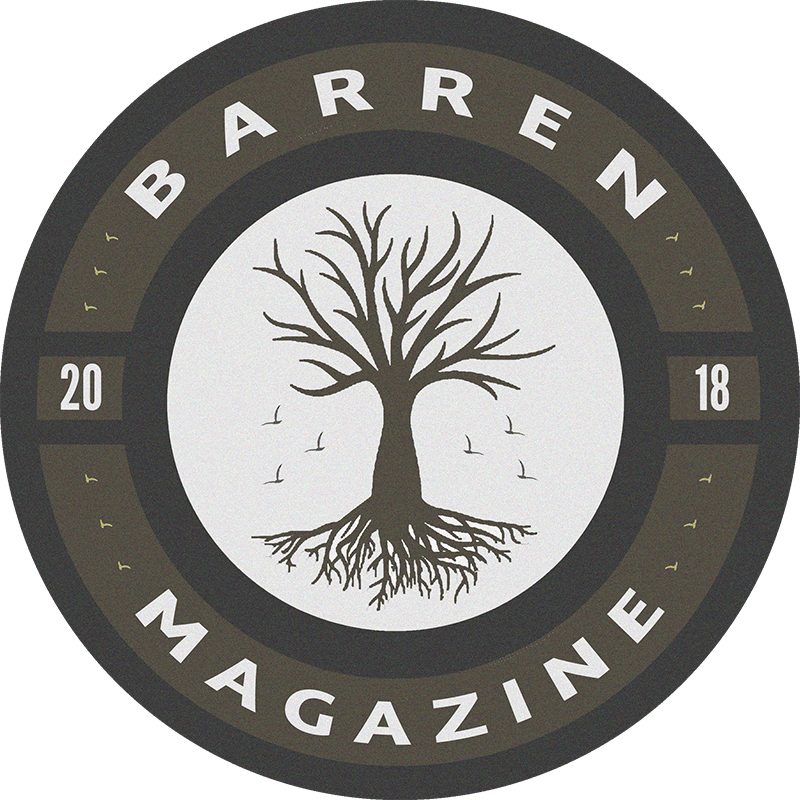Wine should taste like celebration, like Christmas dinners and chocolate cake and cold nights by a comforting fireplace, as the out-of-doors blows without, but does not come within. It smells of peach cobbler and long twilights and good stories, we describe it in words of esoteric verve and joy. It begs for layers of velvety pasta, drenched in red sauce, all tomato acid and herbaceous steam and deep saltiness of parmesan cheese, for clams clattering cheerfully into a bowl, for crusty bread and hearty greens, the delightful sound of corks coming free, for laughter and generosity.
Tonight, however, the wine is acrid in my throat, lubricating not so much as a fake smile, let alone laughter. In large swallows I force it down: I’m not drinking it to taste, but to be unable to taste. I want the warmth blooming in my chest to remove the litany of failures from my mind, and your eyes from the small of my back. I gulp. I cannot sip, cannot stay. I try to rest the wine momentarily on my tongue. Usually I love the ritual of it, the way it changes in the mouth like a diamond in the light. But this sip I cannot savor. All I sense is destroyed intimacy, my heart bruised like grapes in a corporate crusher.
Wine needs care and light and a glass to swirl in to be truly enjoyed. Good wine deserves discussion. I think about this as I habitually swirl the wine I cannot taste. You say hello but even such a small greeting sounds painfully complex now, loaded with unspoken distance. Like wine in the open air, the words change tone as soon as they leave your lips. I pretend to believe you, just as I pretend to smell my pour.
I was reading 1 Peter the other day and this line struck my heart: “love each other passionately and with a pure heart.” I imagine St Peter, that honest and gregarious man, that straight shooter of the New Testament, writing this after quaffing a few glasses of good red wine and savoring deep, stinky cheese with his friends, those he loved passionately. I visualize him ripping hearty Mediterranean bread with his browned fisherman’s fingers, scarred and weather-beaten, offering sustenance around the table with generous crinkles of easy laughter in his eyes.
But, us? Our latest interaction is no more forthright than a skinny Sauvignon Blanc: all chemicals and additives, calorie-counts and falsehood. In such a wine, one can’t savor the sunlight or the calloused hands of the farmer or the bright wind off the hills. All we taste is factories and production and marketing. All we experience is the pretense of familiarity and none of the honesty. You know that, right?
Why am I here, pretending to believe you, pretending to taste?
We used to open a good bottle and savor it quietly for an entire evening. I remember the sipping, the tasting, the dissection. One of us would say, “I taste…” We’d finish each other’s sentences, help one another’s palate. Peach. Leather. Blueberry. Coffee. Brie. Wait, there’s more! Cigar smoke. Coastal breezes. Saddle leather.
My eyes crinkle in amusement before I cry without warning, knowing I am no longer welcome to chuckle with you. No more inside jokes between us. Yet, I still hear your advice in my head when I’m unsure, I feel your hands on my shoulders.
Perhaps we were always a cheap bottle, opened several years too late. Or perhaps we were once a quality wine, but we got left out too long, treated too poorly, too many corks shoved in, too much direct sunlight. Abuse can ruin good grapes, as any winemaker knows. Carelessness is no friend to any vintage. Will you always linger in my mouth, like sediment in the bottom of the glass?
I didn’t mean to drink the unpleasant grit, but now it makes me gag and pick at my teeth. I taste the pebbles and stems and farmland of the wine. It snakes up the side of my drained glass and mocks me.
I don’t know why some people love tannins and some love sweetness; why some palates pick up kiwi and others apricot. I fear I ruined our bottle, that it’s my fault somehow, but my tongue struggles to name the offending flavor. What we cannot name, we cannot fix. And, I know your palate. You taste it, too. No terroir flavor; no earthy pops of blueberry, no effervescent zips of shale, no sun-drenched hillsides in this glass. Just alcohol.
Dani Nichols is a writer, cowgirl, and mom of three from Central Oregon. Her debut book for children, Buzz the Not-So-Brave, about her lovable and quirky quarter horse, released in summer 2022. Her work has been published in Fathom Magazine, Oregon Humanities, Fallow Ink and others. To read more from Dani, check out her newsletter at www.wranglerdani.com and @wranglerdani and @buzzthenotsobrave on Instagram.

Powerful use of a metaphor. So very vivid.